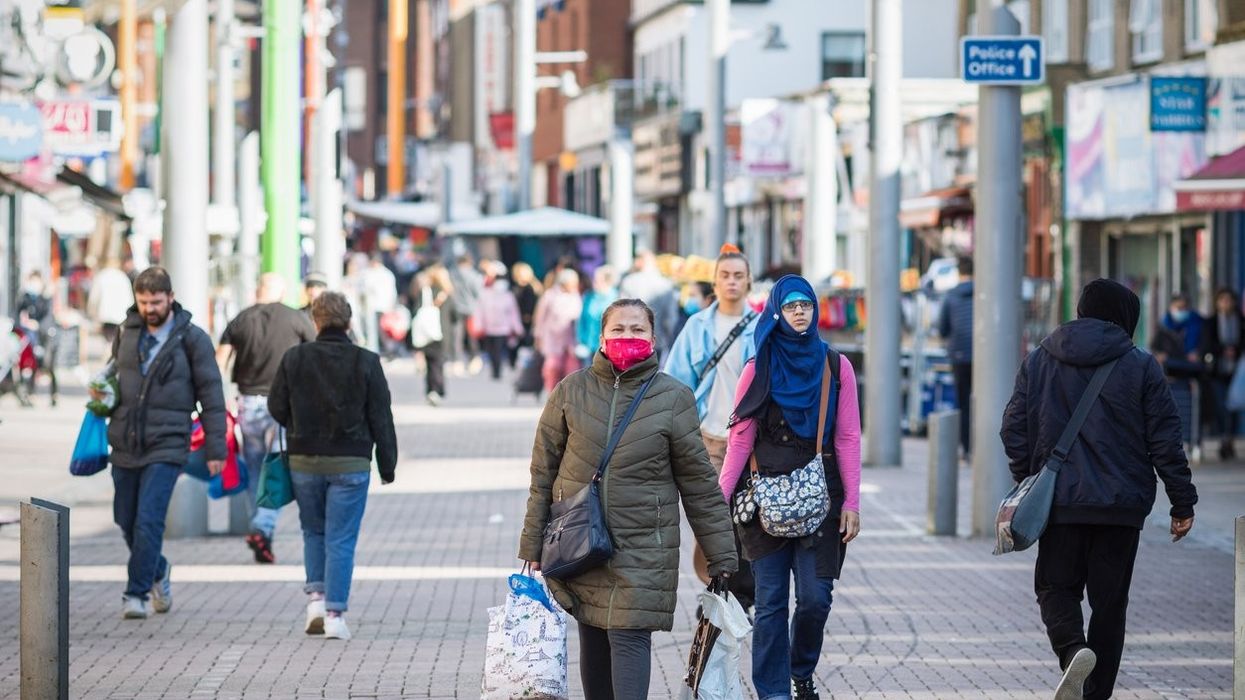IN the UK, only four in ten people (42 per cent) are confident of what BAME means, with a third of people (32 per cent) saying they don't know what it is, according to a new research.
The research done by British Future finds out that the ethnic minority participants expressed a clear preference for the ‘Black, Asian and Minority Ethnic,’ being spelled out or the use of ‘ethnic minority’ as an umbrella term.
The British Future findings form part of a submission to the Race Commission, to which the prime minister is expected to respond later this week.
Moreover, less than half of ethnic minority Britons (47 per cent) feel confident that they know what BAME means, with three in ten (29 per cent) saying that they don’t recognise the term at all.
The research also suggests that ethnic minority Britons take a pragmatic approach to the use of terms such as BAME, when it is used for data collection purposes – for example to measure progress on equality or health disparities – rather than as a way to talk about their identity.
Six in ten ethnic minority respondents (59 per cent) felt it was useful for policy-makers to collect data covering all ethnic minorities compared to the white majority group.
Sunder Katwala, director of British Future, said: “We need to be able to talk about race in Britain and it matters what language we use. Most Britons agree that there’s no place for expressions of racism and prejudice in our society. But many still worry about saying the wrong thing.
“A practical approach would be to discuss ethnic difference in a way that makes sense to the people we are referring to. Talking about 'BAME people' fails that test – almost nobody thinks of their identity in that way. Replacing words with acronyms leaves people unsure of what we’re talking about and anxious about getting it wrong.
“Starting that conversation is only a first step, though, and we now need to move beyond arguments about language. Words are important, but it is action that will make the real difference to tackling the unfairness and inequality that stops some people realising their full potential."




